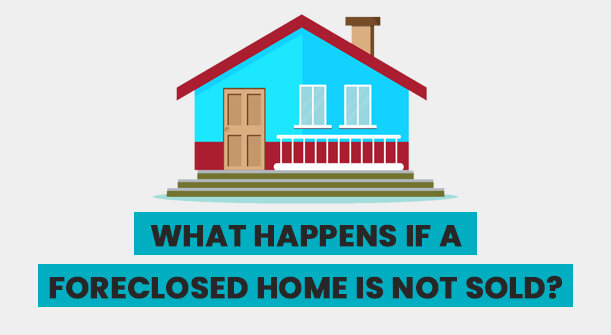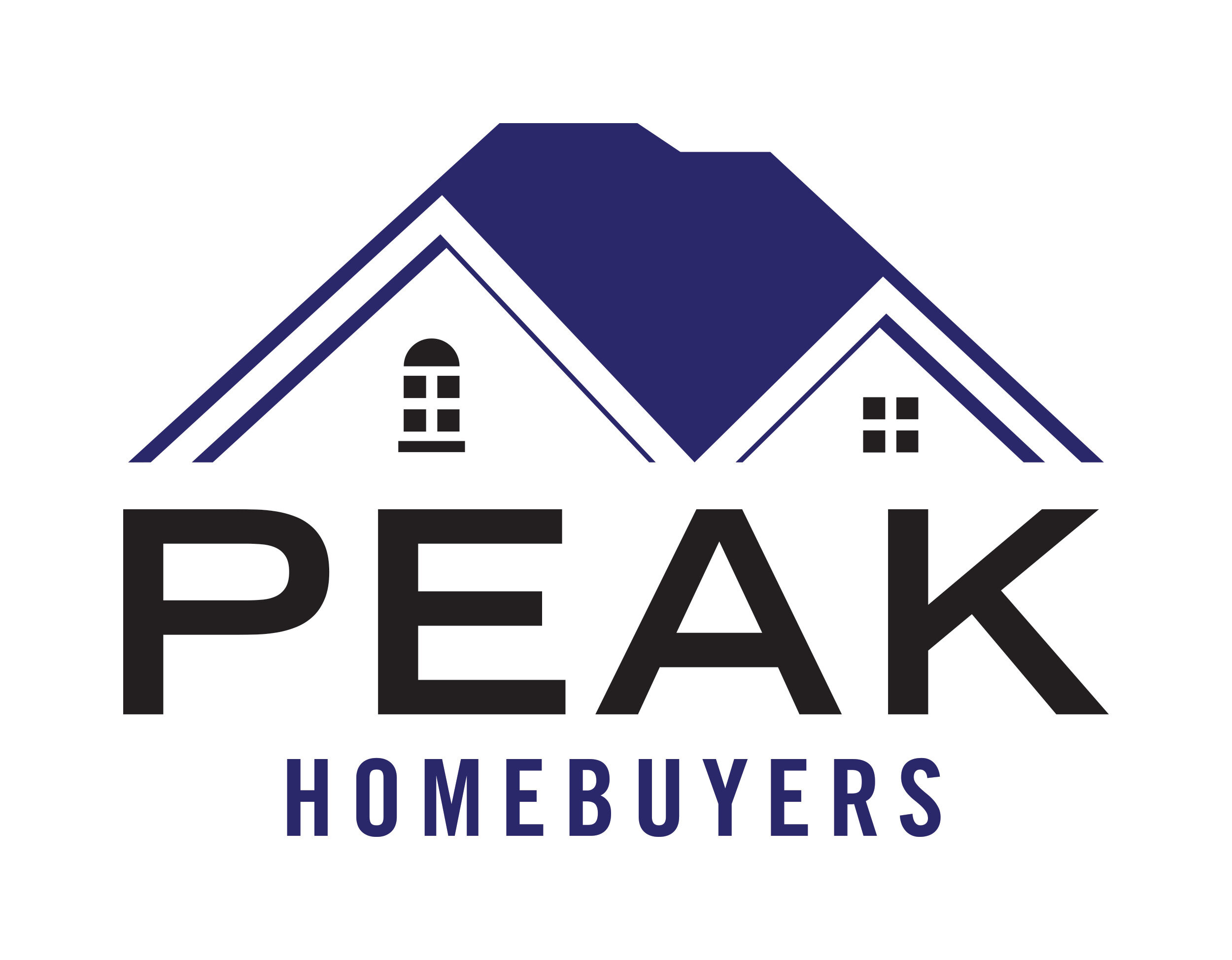
Foreclosure is a daunting process that can have significant implications for homeowners in South Carolina.
When a foreclosed home doesn’t sell, it creates further challenges for both the homeowner and the lender. Understanding the foreclosure process and its potential outcomes is crucial for homeowners facing this difficult situation. It’s also important to know what options you have for selling your house to avoid foreclosure in South Carolina.
What Is the Foreclosure Process in South Carolina?
The foreclosure process in South Carolina follows a judicial foreclosure model, which means that it involves the court system. Here are the key steps in the foreclosure process:
- Notice of Default: The lender sends a notice of default to the homeowner, indicating that they have fallen behind on their mortgage payments.
- Notice of Sale: After the homeowner fails to bring their payments up to date, the lender issues a notice of sale. This informs the homeowner that their property will be sold at a foreclosure auction.
- Foreclosure Auction: The foreclosure auction is conducted by the sheriff’s office or a designated auctioneer. The highest bidder wins the auction and becomes the new owner of the property.
- Deficiency Judgment: If the winning bid at the auction is lower than the amount owed on the mortgage, the lender may seek a deficiency judgment. This allows them to pursue the homeowner for the remaining balance.
What Happens at a Foreclosure Auction?
In South Carolina, foreclosure auctions are typically held at the county courthouse or another designated location. The auction is open to the public, and anyone can participate. The auctioneer starts by announcing the property and its legal description, followed by bidding instructions.
Bidders are required to provide proof of funds or a cashier’s check to participate in the auction. The bidding starts at a predetermined amount, often based on the outstanding mortgage balance. Bidders then compete by increasing their offers until the highest bid is reached.
Once the highest bidder is determined, they must pay the winning bid amount in full immediately. Failure to do so may result in the auction being reset and the property being offered again at a later date. The winning bidder becomes the new owner of the property and assumes all responsibilities associated with it.
What Happens if the Home Doesn’t Sell at Auction?
If a foreclosed home doesn’t sell at the auction, it becomes a Real Estate Owned (REO) property. This means that the foreclosing lender now owns the property and is responsible for its disposition. Here’s what happens next:
- Real Estate Owned (REO) Property: When a home doesn’t sell at auction, it becomes an REO property. The lender takes possession and assumes the role of the property owner.
- Lender’s Next Steps: The lender will typically hire a real estate agent to market the property for sale. They may also work with an asset management company to handle the property’s maintenance and any necessary repairs.
- Listing and Selling: The property will be listed on the market, often at a price below its market value to attract potential buyers. The lender’s goal is to sell the property as quickly as possible to recoup their investment.
- Financial Implications: The lender may experience financial losses if the property sells for less than the outstanding mortgage balance. However, they can pursue a deficiency judgment against the former homeowner to recover the remaining debt.
What Is the Impact of an REO Property on the Former Homeowner?
Foreclosure and the subsequent REO status can severely damage the homeowner’s credit score. This can make it challenging to secure new loans or credit in the future. The homeowner loses any equity they had built up in the property. This can be a significant financial setback, as home equity is often considered a valuable asset.
If the lender obtains a deficiency judgment, they can pursue the former homeowner for the remaining balance after the sale of the REO property. This can lead to further financial hardship. Foreclosure and the loss of a home can cause significant financial strain on the former homeowner. They may need to find alternative housing and face difficulties in rebuilding their lives.
How Do Banks Handle REO Properties?
Once a foreclosed home becomes an REO property, banks have specific processes in place to manage these properties effectively. Banks will typically work with real estate agents and asset management companies to handle the following:
- Marketing and Listing: Banks hire real estate agents to market and list REO properties. These agents are responsible for ensuring that the properties receive maximum exposure to attract potential buyers.
- Property Maintenance: Banks contract with asset management companies to handle the maintenance and repairs of REO properties. This ensures that the properties remain in good condition while they are on the market.
- Negotiating Offers: Banks review and negotiate offers received on REO properties. They aim to sell the properties quickly and minimize any financial losses incurred during the foreclosure process.
- Closing the Sale: Once a buyer’s offer is accepted, banks work with the buyer’s agent, escrow companies, and other parties involved to close the sale of the REO property.
Cash Home Sale: An Alternative to Foreclosure
In a cash home sale, the homeowner sells their property directly to a cash buyer, bypassing the traditional real estate market. By opting for a cash home sale, you can avoid the foreclosure process altogether. This can help them protect their credit and minimize the financial impact of foreclosure.
Cash home sales typically close faster than traditional real estate transactions. This allows homeowners to resolve their financial difficulties more quickly and move on with their lives.
What Are the Benefits of a Cash Home Sale?
Here are the benefits of opting for a cash home sale instead of going through foreclosure:
- Avoided Foreclosure: By selling the property for cash, homeowners can avoid the negative consequences of foreclosure, including damaging their credit score and facing potential deficiency judgments.
- Cash for Keys: In some cases, cash buyers may offer homeowners a cash incentive to vacate the property quickly. This can help homeowners with relocation expenses and provide a smoother transition.
- Quick Sale: Cash home sales can be completed in a matter of days or weeks, providing homeowners with a faster resolution to their financial difficulties.
- Flexible Terms: Cash buyers are often more flexible than traditional buyers, allowing homeowners to negotiate terms that work best for their situation.
Get Cash for My Home in South Carolina
If you need to sell your house fast but don’t want the hassle of a traditional home sale, contact Peak Home Buyers. We buy houses as-is. No repairs are needed. Avoid closing costs and realtor commissions. Close in as little as seven days. Call 385-355-1807 to get cash for your home from our local home buyers in South Carolina.
